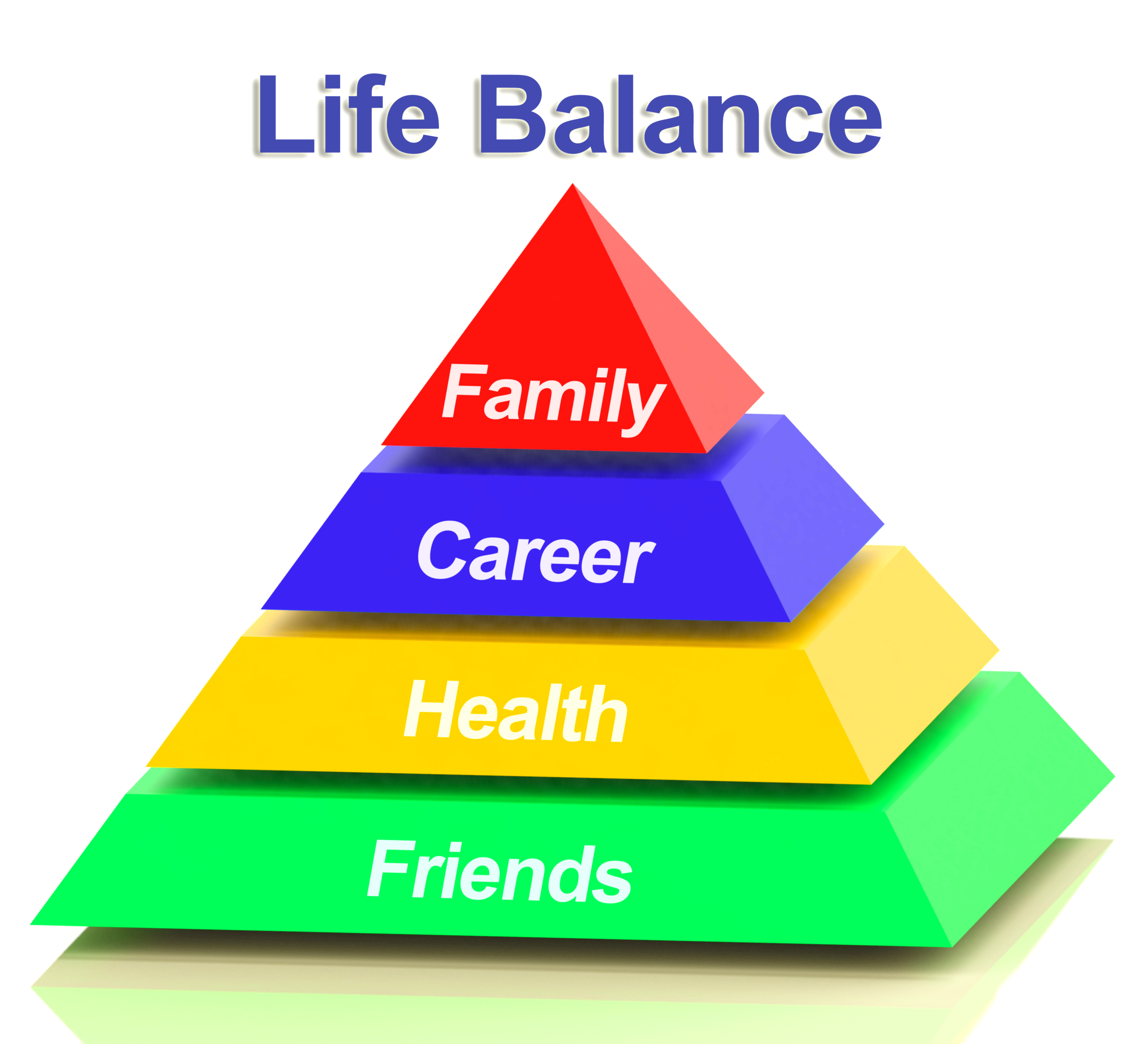We’ve had hopes of learning to draw, to program, to play a musical instrument … and then promptly failed to do so.
We’ve had the best intentions for a project (maybe starting a blog or writing a book). We’ve had the best intentions for our day, to be productive and get through loads.
And then our plans fall apart. We fail to live up to our hopes.
Why is this? What’s wrong with us?
In my experience, there are a few key obstacles:
- We are overly optimistic. We think we’re going to be able to do about 2-5 times what we can actually do. We only have so much capacity, only so much energy, only so much time in the day. But we are not very good at estimating any of those, and we also think the things we want to do are going to take way less time than they’ll actually take. Optimism beats us every time.
- We don’t account for the little things. This goes hand-in-hand with the optimism, but when we’re thinking about our plans, we don’t think about all the tiny things, like maintenance tasks, that need to be done in order to accomplish our plans … or even just to live. We don’t think about showering, brushing our teeth, getting dressed, cooking, eating, cleaning up, doing laundry, driving, getting fuel, answering a thousand and two emails, taking phone calls, using the bathroom, and so on and so on. We just aren’t wired to be able to calculate all of that.
- We fail in the face of resistance. When we have the choice to focus on what we hoped to focus on, or do some busywork or go to one of our comfortable distractions … resistance comes up. And our habitual, conditioned response is to shy away from the resistance. Sometimes we have the motivation to overcome it, but most times we put things off, because beating the resistance isn’t easy.
- We don’t have the right environment. A big part of whether we succeed at overcoming the resistance is whether we have an environment that’s conducive to keeping us on task or holding us accountable. For example, if we are a part of a team, and they are counting on us to get a project done by the end of the day … we will be more motivated to overcome resistance because we don’t want to let them down. But let’s say no one will know if we procrastinate for an entire day … and there are lots of tempting distractions staring at us from the browser … we’re less likely to get things done. And if people in our lives are actively against us taking a class or learning an instrument, we’re less likely to do it. Accountability, supportive people, the presence of distractions … these are some key parts of whatever environment we’re in.
These are things we all do. There isn’t a person among us who is immune to these problems — certainly not me, nor anyone I know.
So what can we do? It turns out there are a few key habits we can form to help with these problems, and some of them are going to seem obvious now that we’ve identified the causes.
Solutions to Key Obtacles
If you want to actually put that class or gym pass to use, if you want to get that personal project done or read that ebook you bought … here are some suggestions that I’ve found to be powerful in actually doing what I hope to do:
- Know that you probably only have 3-4 hours a day of productive time to get projects done, get important work done, read books, learn stuff. The rest of the time is spent on sleeping, eating, personal maintenance, transportation, meetings, calls, email, distractions, shopping, cooking, errands, taking care of children or spending time with friends, and so on.
- Block out what you can do in that time. Exercise, writing, reading, learning, a few important tasks.
- Now cut out half of those. The things you want to do are going to take twice as long as you hope. If you have some time left over, bonus! Use that time not on distractions but on the tasks you cut out.
- If you want more productive time, cut out some distractions, TV, online reading. But you’ll probably only be able to add another hour a day.
- Set up a good environment for each project you want to complete — if you want to learn guitar, have some accountability and someone who will be supportive, even if that means finding someone online. Set deadlines and have people who count on you to get your project done. Go somewhere for 30 minutes where you won’t have any distractions.
- When you’re ready to focus on the thing you hoped to get done … face the resistance instead of running from it. Stare it in the face. See that it’s not that bad. Know your deeper reason for wanting to get this done, and remember that this reason is worth facing the resistance and pushing on despite that discomfort.
I hope you find these useful. They also apply to situations in the workplace. I’ve used them to learn things, to get projects done. I’m far from perfect, I forget these things all the time, but when I remember to do them, I am much better at living up to my hopes and dreams.
